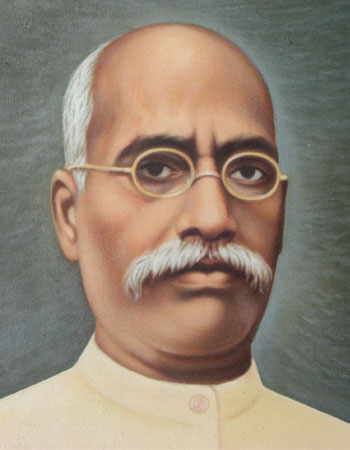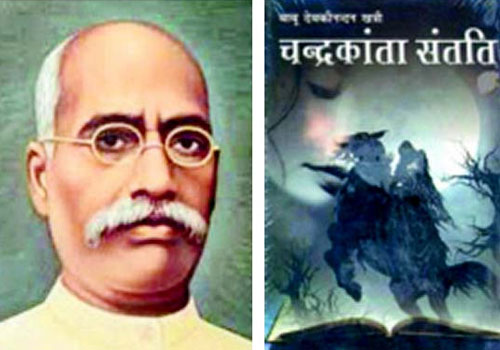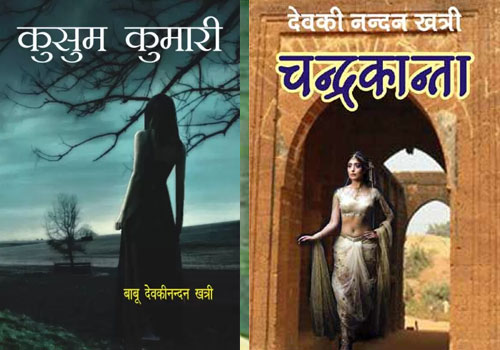Devaki Nandan Khatri (देवकीनन्दन खत्री)

Devki Nandan Khatri was a popular novelist and writer from India who is best known for his work in the field of Hindi literature. Born on June 18, 1861, Khatri was a pioneer in the world of Hindi fiction, and his compositions were instrumental in the development of the genre in India.


Khatri was born in a small village called Pusa in Muzaffarpur, Bihar. His father was Lala Ishwardas. His ancestors were residents of Punjab and served in high positions during the reign of the Mughals. His family moved to Kashi during the reign of Maharaja Ranjit Singh. From a young age, Khatri was interested in literature. He studied many languages, including Urdu, Farsi, Hindi, Sanskrit, and English. After his early education, he moved to Tekari Estate in Gaya and worked for the king. He established a printing press called "Lehra Press" in Varanasi and started publishing the "Sudarshan" in Hindi as a monthly edition. Devaki Nandan Khatri had a very good relationship with Kashi Naresh Ishwari Prasad Narayan Singh. Based on this relationship, he made trails for the jungles of Chakia (Uttar Pradesh) and Naugadh. He loved traveling, so his needs were fulfilled from work, and his earnings were also satisfactory. For several days, he searched the ruins of the forests, hills, and ancient historical buildings of Chakia and Naugarh. After losing the forest contracts, he wrote the novel Chandrakanta, which features the imagination of his tilism (a type of magical illusion) and the adventures of Aiyari against the backdrop of these ruins.
His first novel, "Chandrakanta," was published between 1888 and 1892 and was an instant hit. Its success paved the way for Khatri's future literary endeavours, after which he released "Chandrakanta Santati," which was also well received. Khatri's main goal was to create such a creation that would promote Devanagari Hindi. He was able to achieve that.
Over the next few decades, Khatri wrote several more novels, including "Bhootnath," "Kusum Kumari," "Virendra Veer alias Katora Bhar Khoon," "Kajar's Cell," "Narendra Mohini," "Gupt Godna," "Kajar Ki Kothi," etc. These works were widely read and appreciated, and Khatri became one of the most popular writers in Hindi literature. His novels were known for their complex plots and characters, as well as their exploration of social and philosophical themes. Khatri was also a vocal advocate for the promotion of Hindi language and literature, and he worked tirelessly to establish Hindi as a major literary language in India. Khatri passed away on August 1, 1913, but his legacy as one of the foremost writers in Hindi literature lives on.
Today, Khatri is remembered as a pioneer in Hindi fiction, and his works continue to be read and admired by readers in India and around the world. His novels and short stories have been translated into several languages, and they remain an important part of the literary canon in India. Khatri's contributions to Hindi literature have earned him a lasting place in the hearts of readers, and his legacy continues to inspire writers and readers alike. The Arora-Khatri team thanks him for his contributions.
Leave Your Suggestion